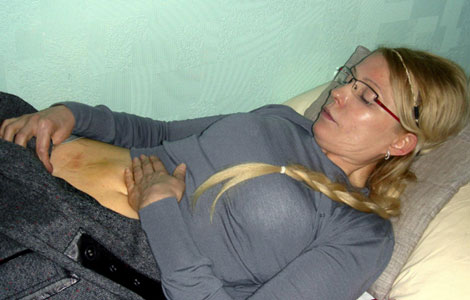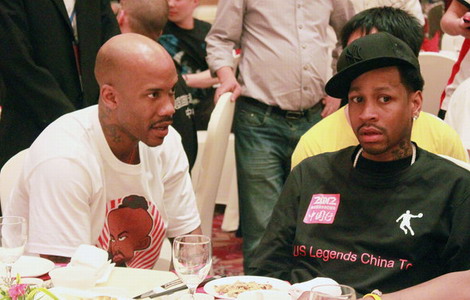 |
|
|
|
|||||||||
The media melodrama featuring Bo Xilai and his family increasingly seems to have the makings of a Hollywood blockbuster.
Indeed, the episodes revealed so far - including murder, betrayal and corruption, with political horseracing in the background - more than suffice for a suspenseful Hollywood movie.
Entertaining as they are, I have started to suspect the authenticity of those accounts.
It is true that the media on the Chinese mainland has offered little insight into this high-profile incident. But as it takes time to investigate Bo's alleged disciplinary violations as well as his wife's suspected link to the murder of the Briton Neil Heywood, I would rather believe that the authorities have presented all they have to offer so far.
That said, much of the updating of our knowledge about Bo's case derives from the Western media. But the thing is, as coverage of the subject widens and extends, I am increasingly suspicious of what I read and hear.
Soon after Bo was suspended from his Party positions, there were reports that one of the incumbent members of the Communist Party of China's Politburo was under investigation along with Bo. Now they are attributing Bo's downfall to his alleged wiretapping of central leaders, the country's president included.
I am not a political insider in any sense. But as a keen observer of the workings of Chinese politics, I have the feeling that outsiders' speculation, and perhaps rumors at some points, is leading the Western media's narrative of the Bo case astray.
I have followed media coverage of the Bo family closely recently, trying to piece together a sensible picture before the official findings come out.
But I have truly had difficulty believing what has been reported. I am really surprised, and confused, when even the most venerated newspapers in the United States, which I have profound personal respect for, have relied heavily on unidentified sources at decisive points.
I understand some interviewees prefer to remain anonymous when quoted on sensitive topics, which is permissible in professional journalism under special circumstances.
The eavesdropping stories sound attractive to those ignorant but curious about Chinese politics. But they have left me unconvinced because there has not been a single source that sounded convincing to me, and, in particular, all crucial quotes were from unidentified sources, and thus were unverifiable.
The exaggerative style and reliance on unnamed sources in the Western media's narrative sounds similar to Falun Gong propaganda. Since Falun Gong was outlawed in the mainland and its leader fled China, the notorious cult's overseas media outlets have churned out outlandish stories of political struggles in Beijing. And, as a rule, their reports depend almost entirely on anonymous "insiders" whose claims have seldom ended up being true.
I totally understand the Western media's eagerness to entertain and satisfy their curious readers. But unlike Falun Gong propaganda, which has no credibility to worry about, they may want to be more professional in deciding what to present to their audience.
The author is a Shanghai-based independent international relations researcher.

|

|

|

|

|

|